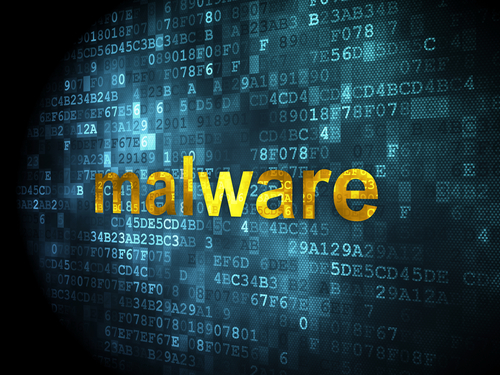

The Latest Malware Threat Is Undetectable
Security experts often preach about the importance of keeping antivirus programs up to date in order to identify and prevent the latest threats. But, Jeremy Kirk reports at PC World that a new piece of malware is undetectable for most antivirus programs, even when they’re fully updated.
The malware is called ‘ISN’ and is able to hide disguised as a module for Microsoft’s Internet Information Services, IIS, which is included with the Windows operating system. ISN is classified as a malicious DLL, or dynamic link library. Its installer contains four different versions of the DLL with each being compatible with different versions of Windows and Microsoft IIS.
Once installed, ISN steals data from Web-based forms. So far, it’s been used to steal credit card data from payment forms on e-commerce sites, but could be used to steal log-ins and any other important information you put into a form online. ISN can also be configured to monitor activity on a specific website.
The only way it’s been detected has been by antivirus programs flagging it as potentially harmful due to its activity. ISN will send the information it steals to a third party, which sets off alarms for some security applications. By that time, however, your information has likely already been stolen and put in the hands of a criminal.
The good news is that ISN attacks are not believed to be widespread. The capabilities of this malware and its ability to stay undetected make it a likely candidate to be used in more attacks in the coming months.
Running an effective, updated antivirus is still a vital practice for staying safe from most threats, but as ISN malware shows, it doesn’t keep you completely protected. In addition to security software, you must also practice safe surfing and avoid potential threats before they have a chance to infect your machine. Email attachments, untrusted downloads and malicious links are usually at the heart of any malware infection. Be extremely cautious about where you go online and what you allow onto your computer.
If malware has infected your PC, or you’d like to improve your security, call Geek Rescue at 918-369-4335.
December 10th, 2013








